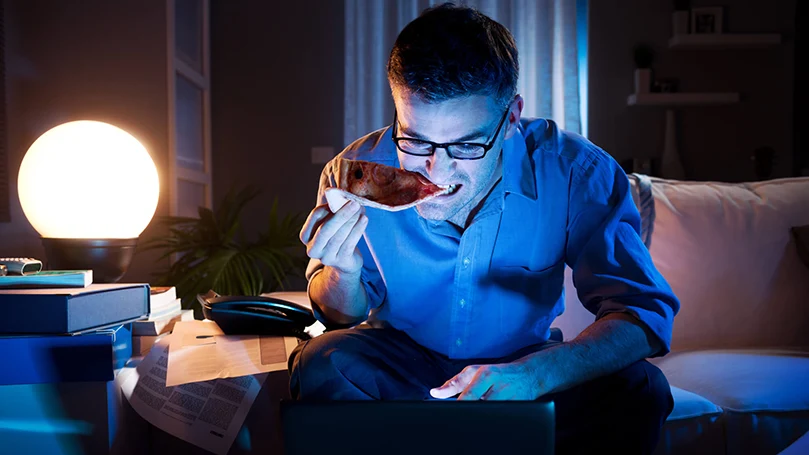
The link is formed between light exposure and sleep, assuming that humans sleep regularly in dark places. Therefore, the artificial light sources disrupt the natural pre-sleep and sleep state. The disruptions are linked to a plethora of potential health problems we will discuss below. After listing the issues, I will also follow it up with some tips that can help you out.
What are the risks to sleeping with the lights on?
The crux of the matter is linked to melatonin. This is hardly a surprise, knowing that melatonin is our sleep-inducing hormone and the main trigger for the entire sleep process. Researchers suggest that light suppresses melatonin production, thus linking nighttime light exposure to sleep disorders and health problems.
The amount of brightness, combined with time exposed to it creates the effect of disrupting your sleep cycle. A brief amount of exposure (couple of minutes) creates a shift in the sleep cycle for about 30 minutes. In essence, the longer you are viewing bright light sources, the harder it is to fall asleep. On the other hand, if you expose yourself to light when waking up, it increases alertness. This means that the body will transition to woke state faster, which is great if you are waking up to your morning activities.
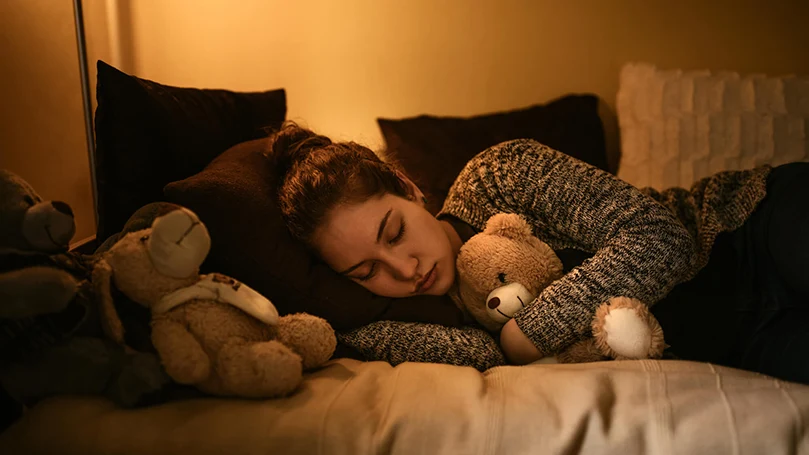
For some, sleeping in the dark or simply giving up their comfort rituals is too big to ask. Connections between light, sleep and health issues are numerous and I would consider some to be speculative. Some are clearly being overblown in order to stir headlines. I will list the most common ones and argue their validity:
Mental instability
The circadian rhythm and its connection to the quality of our brain state was tested numerous times. Without a stable sleep pattern, it breaks – disrupting your rest, ultimately leaving you tired once you wake up. The most common symptom is depression, or feelings that can lead to depression like extreme tiredness. An obvious solution is to cut the lights and screen-time in order to allow your body to enter its normal sleep pattern.
This aspect is definitely valid and your mental well-being is so obviously connected. Mental stability improves with the quality of sleep, there is no doubt.
Obesity
Research done in this field suggests that exposure to light (in mice) increases their overall weight after a decent period of time. The implication is that processes controlling our metabolism are tilted if we are exposed to light during our sleep. The phenomenon is yet to be proven in humans, while the animal tests concluded the correlation. Being skeptical about is the sure way to go about it, we aren’t mice after all.
Fertility
I will stress that this one is probably the most concerning potential problem. A study published in the Epidemiology paper monitored nurses working in rotating shifts and how night-time light exposure impacted their menstrual cycles. The study was conclusive enough, as most nurses reported their cycles are losing consistency and intensity. The amount of irregularities in the cycle increased with the randomness of shift patterns. Light exposure during the evenings correlated with bad sleeping patterns and so far is the most proving evidence of light hampering sleep quality.
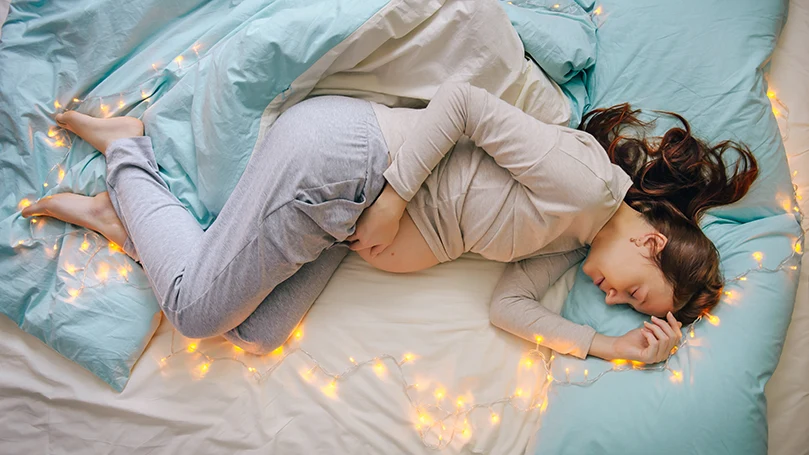
How can you prevent this from happening?
Taking steps to preventing light exposure may require giving up comfort and routines. The first step is always the hardest, so here are some things you can do to start your light-free sleep!
Limit involuntary exposure
Windows, cars, street lights, billboards. Urban areas are littered with light pollution. Evading light exposure feels like an impossible chore. However, it doesn’t have to be pitch-black for you to get some shut eye. Diffuse aggressive light with curtains or shades, soft light is fine. If you cannot block your windows, block your face! A lot of people use a mask for sleeping and it's working great, just be mindful that it feels comfortable.
Warm light colors
Studies have concluded that white/blue light hurts the circadian rhythm greatly. This isn’t the case for orange/red light. In fact, the amount of damage white/blue light can do to your sleep makes the orange/red light almost harmless. If you absolutely must use a night-light, opt for warm colors as they are the least harmful. Alternatively, you can check the night lights for kids – these can offer you a subtle night light, as well as alarm clock, music or some other additional features
Plan your sleep patterns
Hectic work schedules are almost a given fact (even in 9-5). Overtime, crunch time, deadlines and shifts are bound to push your sleep patterns. Seeing dawn when going to bed and vice-versa is hard to avoid. After all, you have to go from point A to point B. Still, protecting yourself with sunglasses and dosing light exposure, if able, can at least improve your sleep hours.
Conclusion
Light exposure and sleep patterns aren’t exclusively connected terms. Personally, I find it hard to conclude which one impacts the other. Poor sleep quality ultimately leads to light exposure due to waking up, while light exposure hinders the sleep quality. Having one is bad enough, but having them both just seems like a nightmare scenario.
Since sleep quality is hard to quantify due to everyone’s specific preferences and patterns, light exposure should be taken into account when bettering your sleep condition. Turn off the light and sleep tight!

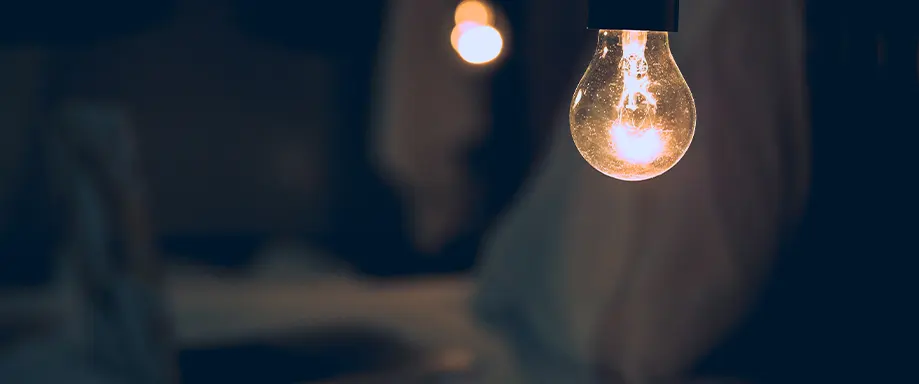
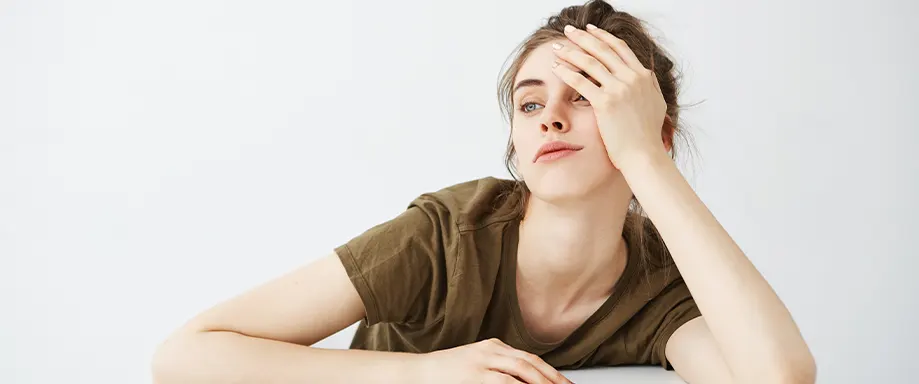
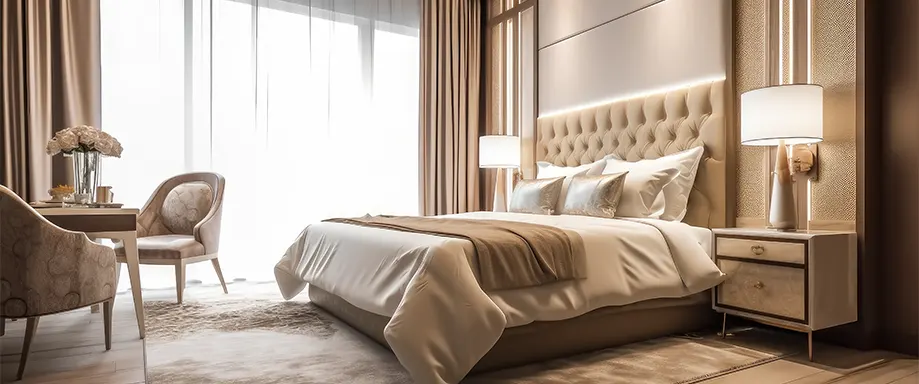











There are no comments yet
"*" indicates required fields